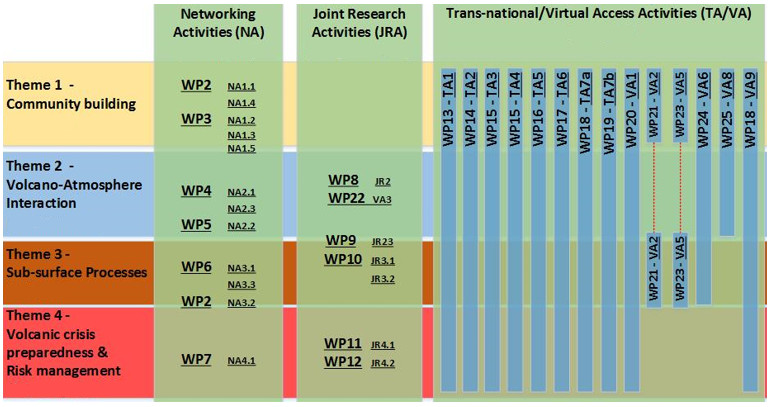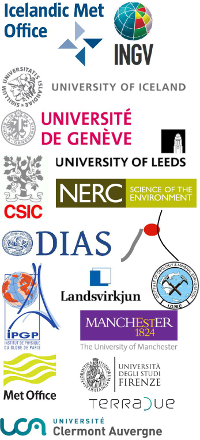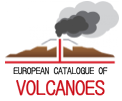EUROVOLC: Bringing the European volcanological community closer together
EUROVOLC Project Description
The European Network of Observatories and Research Infrastructures for Volcanology (EUROVOLC) project facilitates communication and integration within the European volcanological community, bringing together the wide range of disciplines necessary for effective volcanic research (e.g. seismology, physical volcanology, geodesy, geochemistry, petrology, rock and fluid mechanics, earth observation, meteorology, social sciences and informatics), European Volcano Supersite e-infrastructures implemented in the FUTUREVOLC and MED-SUV projects and a test bed for validation of new models and integrated techniques.
Collaborative research will be carried out, best practices and procedures developed, networking and communication between research institutes, volcano observatories, civil protection and Volcanic Ash Advisory Centres improved on, and training resources for the public and young researchers developed.
There are over 60 active volcanic systems in Europe and European overseas territories including Montserrat, Guadeloupe, Reunion and Tristan da Cunha. However, because of increased globalisation and international supply chains, Europe is also vulnerable to eruptions worldwide. Therefore, there is also a need for the European volcanological community to provide a coordinated response to global volcanic events.
EUROVOLC will carry out Networking and Joint Research activities and offer Trans-national and Virtual Access to the main European Volcano Observatories and Volcano Research Infrastructures through 25 work packages. These activities will address four broad transversal Themes:
Latest news and Announcements
The eruption still going strong.
The eruption in Reykjanes has gone on for 82 days, during which time scientist have had the opportunity to study and enjoy its progress and developments. The event has not only brought a research opportunities for geoscientists.On the 13th of May, workers in collaboration with Civil Protection and Verkís Consulting Engineers started building two 8
Repository of bulk-rock major and trace element compositions of Etna (1995-2012)
Science is steadily moving towards open access to databases. Following this trend, a repository has been developed in the framework of EPOS-IP and EUROVOLC projects which contains about 200 analyses of bulk rock compositions (major and trace elements) of Mt. Etna products erupted from 1995 to 2012. Moreover, following the standard format adopted by the EPOS
Project structure
The project is categorised into 4 main themes, containing tasks of Networking, Joint Research and Trans-national/Virtual Accesses through 25 Work Packages. To explore themes, activities and outcomes of the collaboration, press the image.



 [click for each partner]
[click for each partner]

